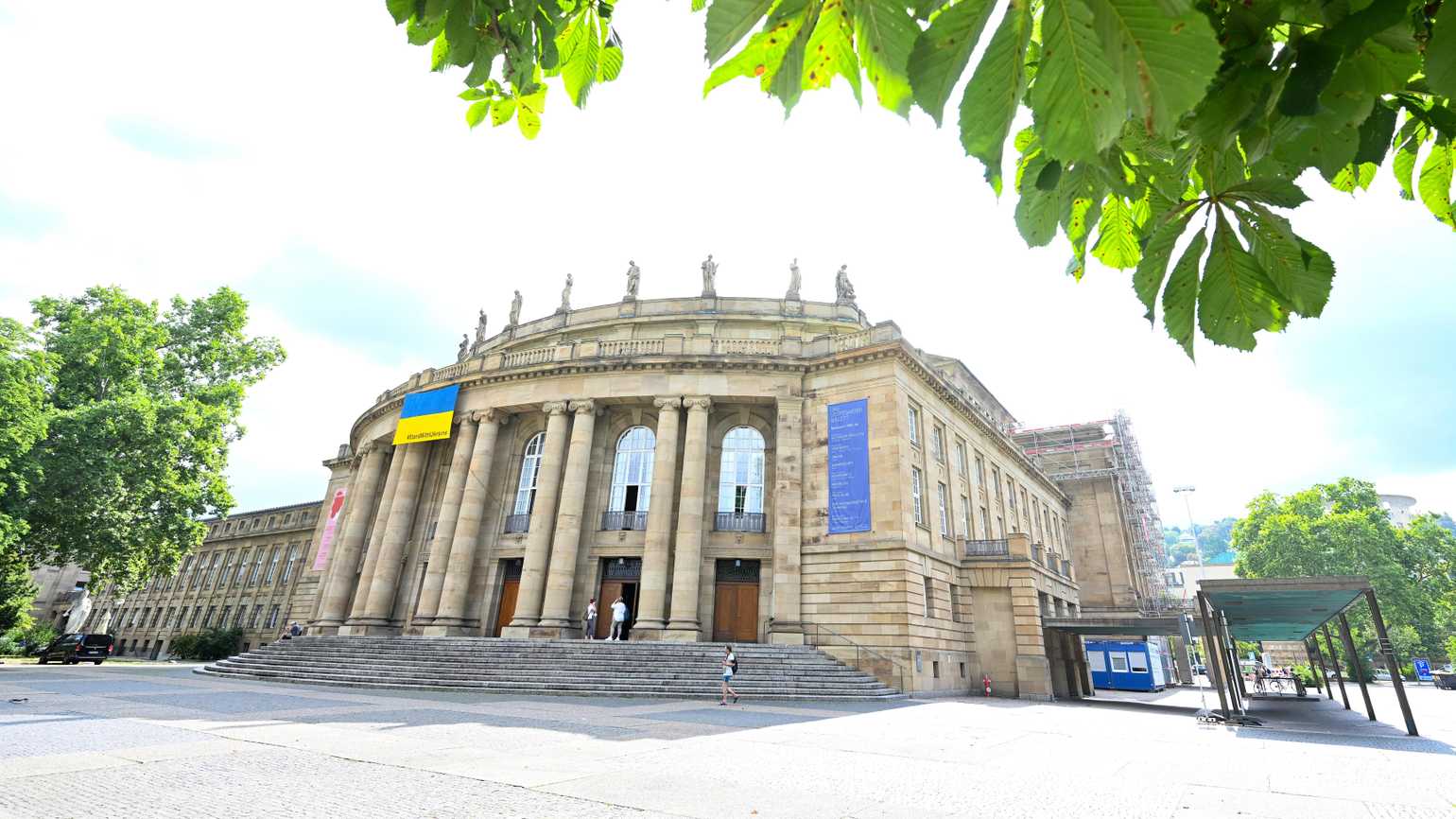In today’s evolving society, the quest for truth and new experiences reshapes boundaries. The controversial opera "Sancta" in Stuttgart raises critical questions about balancing creative expression and audience well-being.With graphic content and themes of sexual violence, this extreme entertainment challenges art’s responsibilities. As corporate transparency grows, discussions on pushing boundaries become essential for balancing creativity and well-being. Explore how society navigates the complexities of modern entertainment. The Quest for Truth and Boundaries It's encouraging to see that humanity is continually getting closer to the truth, a sentiment many scholars share. Again and again, new discoveries emerge that many believe can…...
Sign in with Google to continue reading
💬 Meet Our Members

Sindhu Gopalkrishnan
I love writing as I get to create something beautiful and touch…

Antonius Bakker
Antonius "Ton" Bakker, born May 23, 1961, in the Netherlands, is a…

Dr. B.H.S Thimmappa
B.H.S. Thimmappa is a seasoned chemistry professional with extensive experience in developing…

Carl Scharwath
Carl Scharwath, has appeared globally with 210+ publications selecting his writing or…

Julia Orozco
Poet who love nature and writing poetry.
Tamizh Ponni VP
Tamizh Ponni VP is an ambivert who loves to express her skills…
Support independent journalism. Your membership keeps us going.
In today’s evolving society, the quest for truth and new experiences reshapes boundaries. The controversial opera "Sancta" in Stuttgart raises critical questions about balancing creative expression and audience well-being.With graphic content and themes of sexual violence, this extreme entertainment challenges art’s responsibilities. As corporate transparency grows, discussions on pushing boundaries become essential for balancing creativity and well-being. Explore how society navigates the complexities of modern entertainment.
The Quest for Truth and Boundaries
It's encouraging to see that humanity is continually getting closer to the truth, a sentiment many scholars share. Again and again, new discoveries emerge that many believe can lead to personal and societal benefits. Liberalism has played a crucial role in this, fostering a mindset where individuals feel they can do anything, as long as it doesn’t negatively impact others.
Are There Still Boundaries to Push?
Life for many people around the globe is changing at a rapid pace. While some claim to consider others’ feelings and comfort, do they truly do so? For instance, you can drive at speeds of 150 kilometers per hour on most highways. There is a “small” chance that this behavior could bother other road users, but are they genuinely affected? Similarly, when queuing at public attractions, do others really suffer from the wait, or is it merely an annoyance they choose to mask?
It seems that many of us pretend not to be bothered, yet I believe the underlying irritation is more common than we think. This phenomenon of pushing boundaries has certainly led to significant advancements in science.
The Pursuit of Innovation
Most people adhere strictly to the instructions that come with household appliances, rarely deviating from the suggested methods. However, an increasing number of individuals are experimenting with these products, questioning how they might use them differently or more effectively. This exploratory mindset often overlooks safety considerations, leading to potentially dangerous situations.
In many companies, management can no longer shield information from staff. Advances in ICT and other technologies have made transparency more achievable, and employees are demanding to see and understand more. The world is becoming increasingly like an “open book,” with people eagerly turning its pages. Many are willing to test their limits, often motivated by curiosity.
A Disturbing Incident in Stuttgart
Today, I read in a Dutch newspaper about a troubling event at the opera house in Stuttgart, Germany. The promotional material for a performance was so provocative that it drew large crowds curious about this “horror” show. The Swiss police had even been alerted to the possible impact of the opera “Sancta,” which contained graphic and shocking content.
Were the people of Stuttgart ready for such an intense experience? Did they assume it wouldn’t be as bad as advertised? After all, in a world where shocking content is more frequent, perhaps many thought it would be a manageable experience. Unfortunately, for at least twenty attendees, the reality was quite different. They went into shock and required immediate medical attention.
The Trend of Extreme Entertainment
Most visitors were left feeling nauseous and shocked by the performance, which was choreographed by Florentina Holzinger. In “Sancta,” the depiction of lesbian love scenes was complemented by operatic singing, and Christian rituals were portrayed in a mocking manner. Did these audience members truly have enough information to prepare themselves, or were they simply following a trend of seeking challenging experiences?
The show included elements of sexual violence against women, depicted as “normal” in the context of the opera. Blood was used on stage, and real piercings were performed, creating a visceral experience. Promotional material indicated that this performance was intended for those seeking daring new theatrical experiences, even warning of possible traumatic reactions.
No Changes to the Show
The organizers quickly announced that no changes would be made to the performance. Some argue that such experiences are part of human development, pushing us toward growth and understanding. A spokesperson for the show claimed that most audience members were enthusiastic and that those who purchased tickets knew what to expect.
Is this the future of entertainment? Are we moving toward an era where increasingly extreme experiences are normalized? This situation raises critical questions about the nature of art and its responsibility to its audience.
Reflection on Societal Change
As we examine these developments, we must consider the balance between creative expression and individual well-being. While exploring the depths of human experience can yield profound insights, it can also lead to distress. As society evolves, we must engage in open discussions about the implications—both positive and negative—of pushing boundaries.What do you think about this balance? Are we prepared for the consequences of our quest for new experiences, or do we risk losing sight of the emotional and psychological impacts on individuals?












